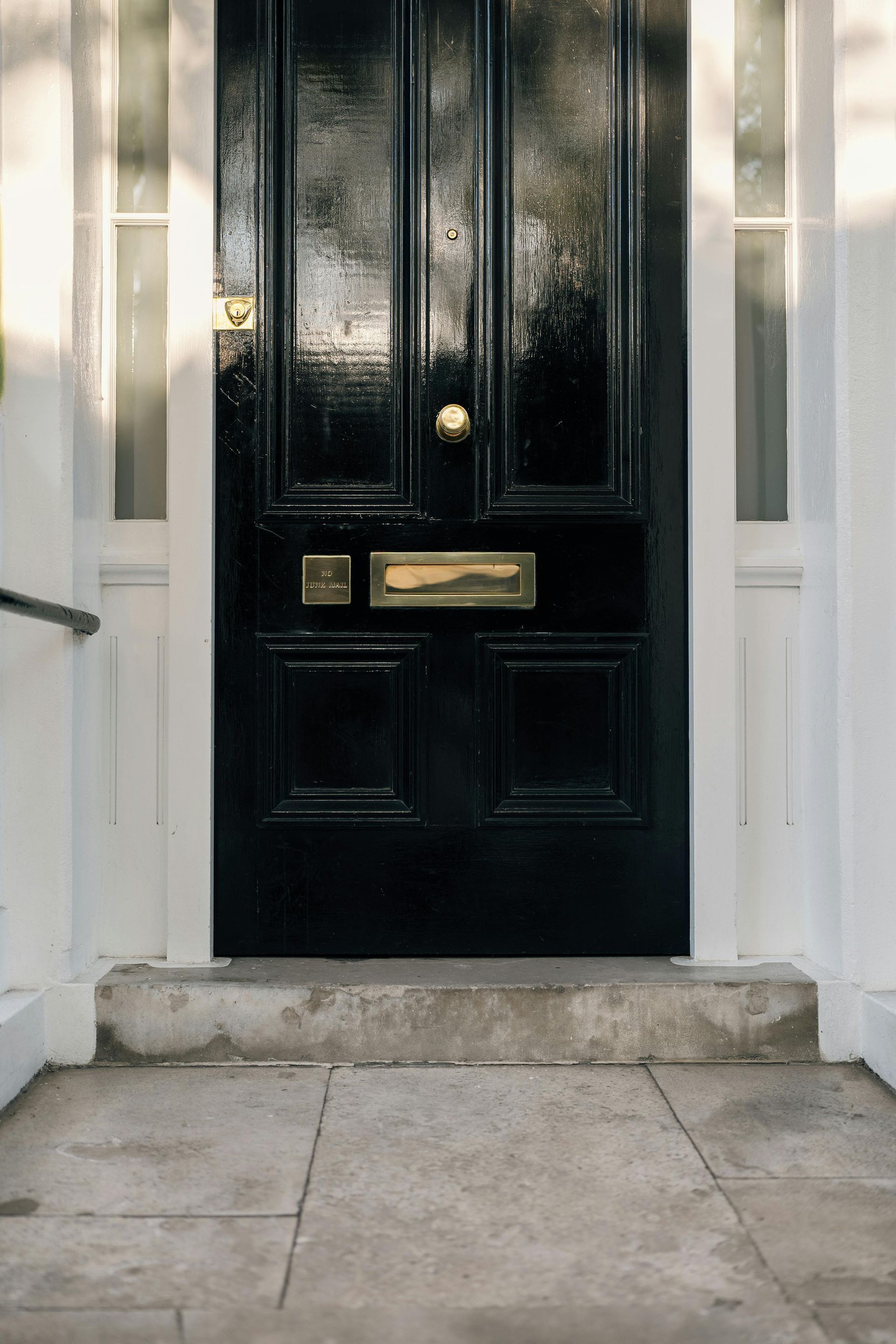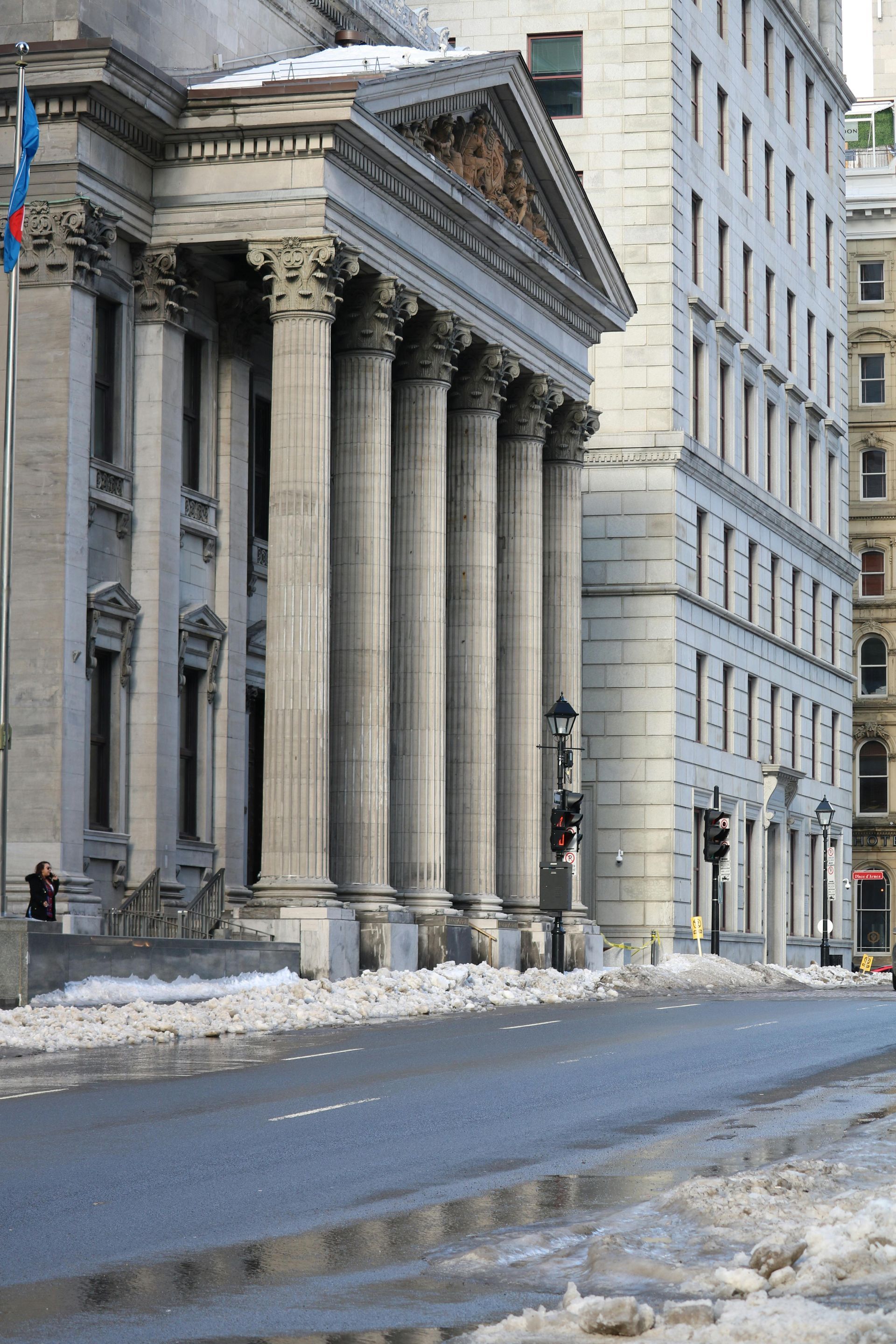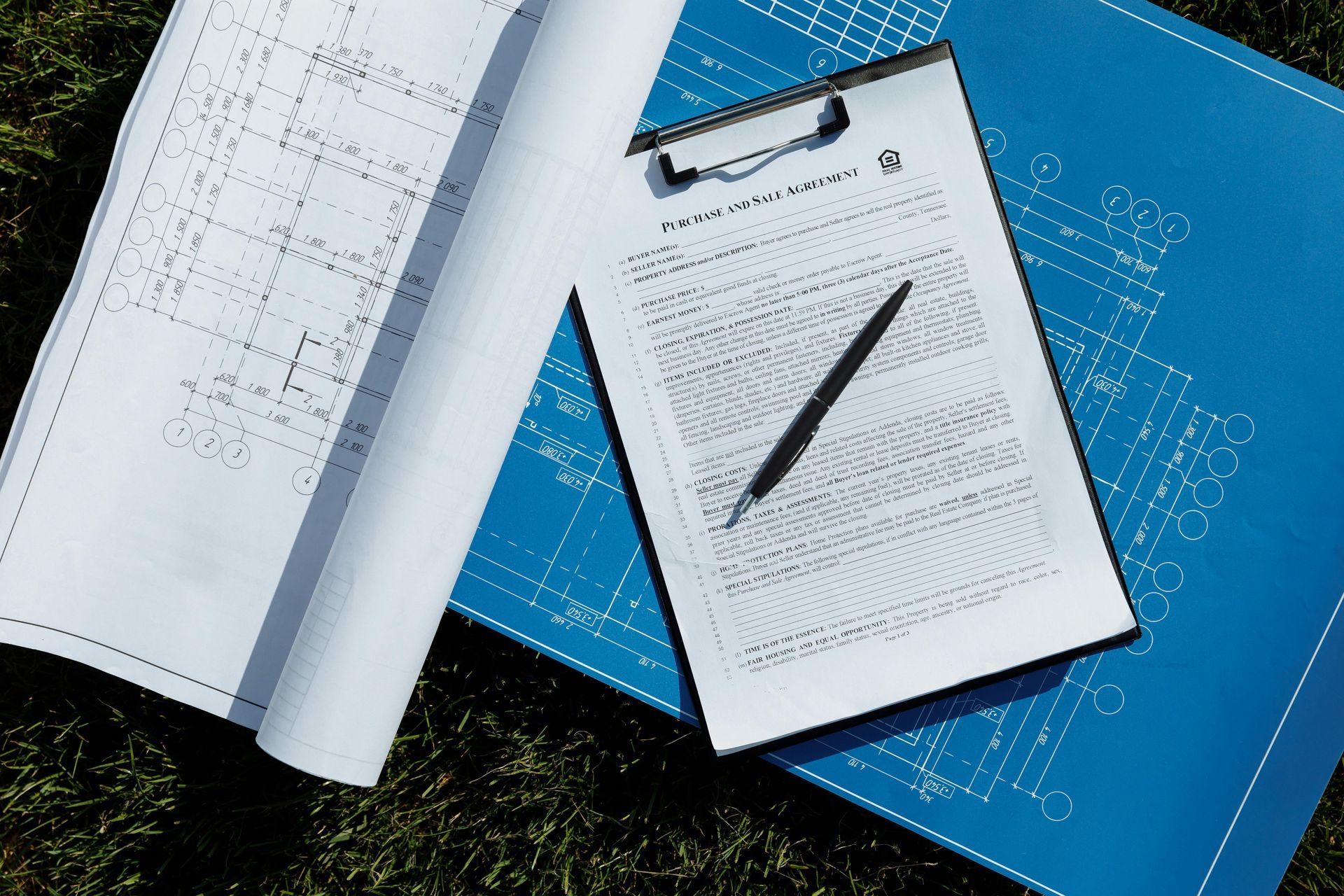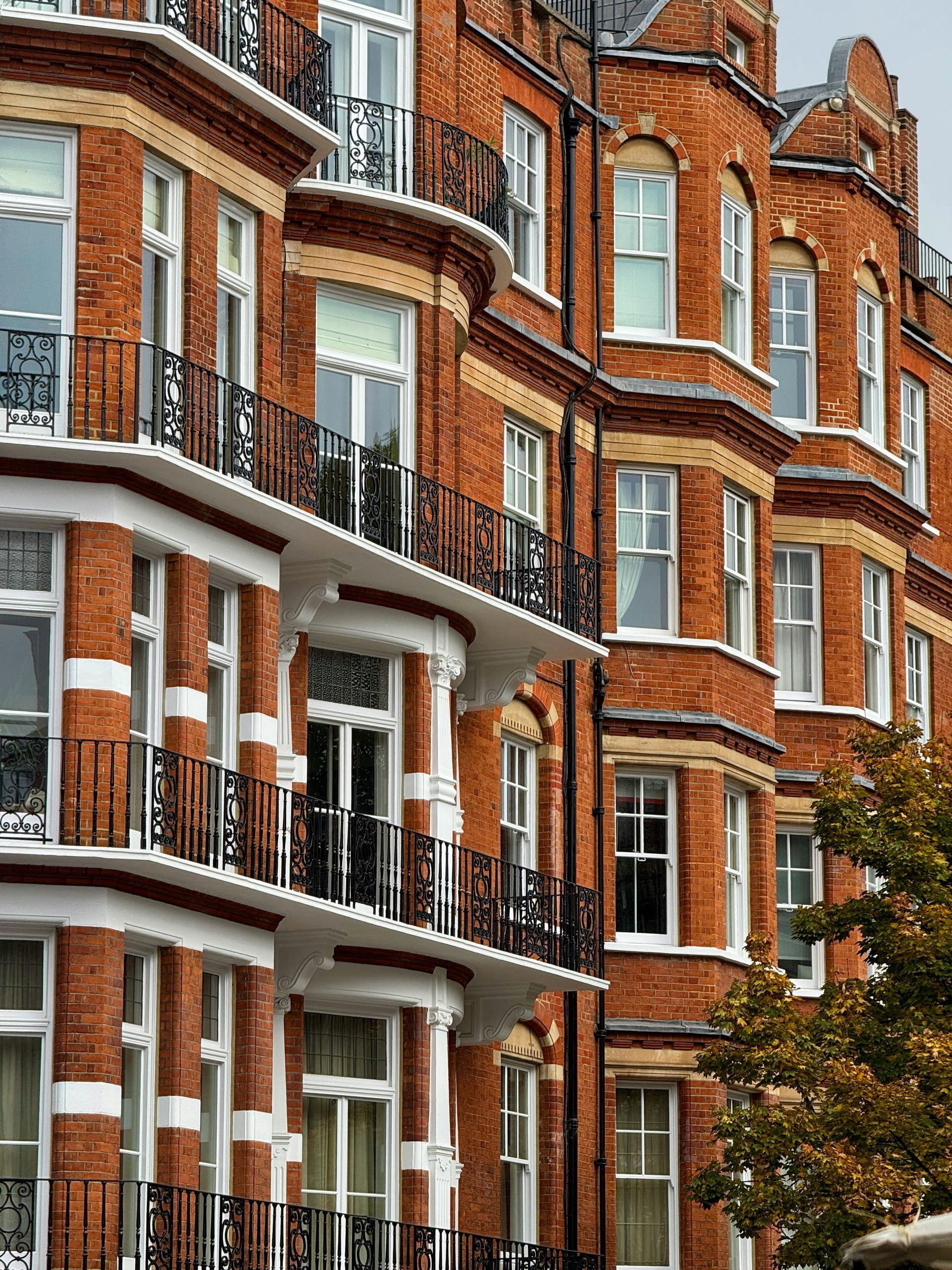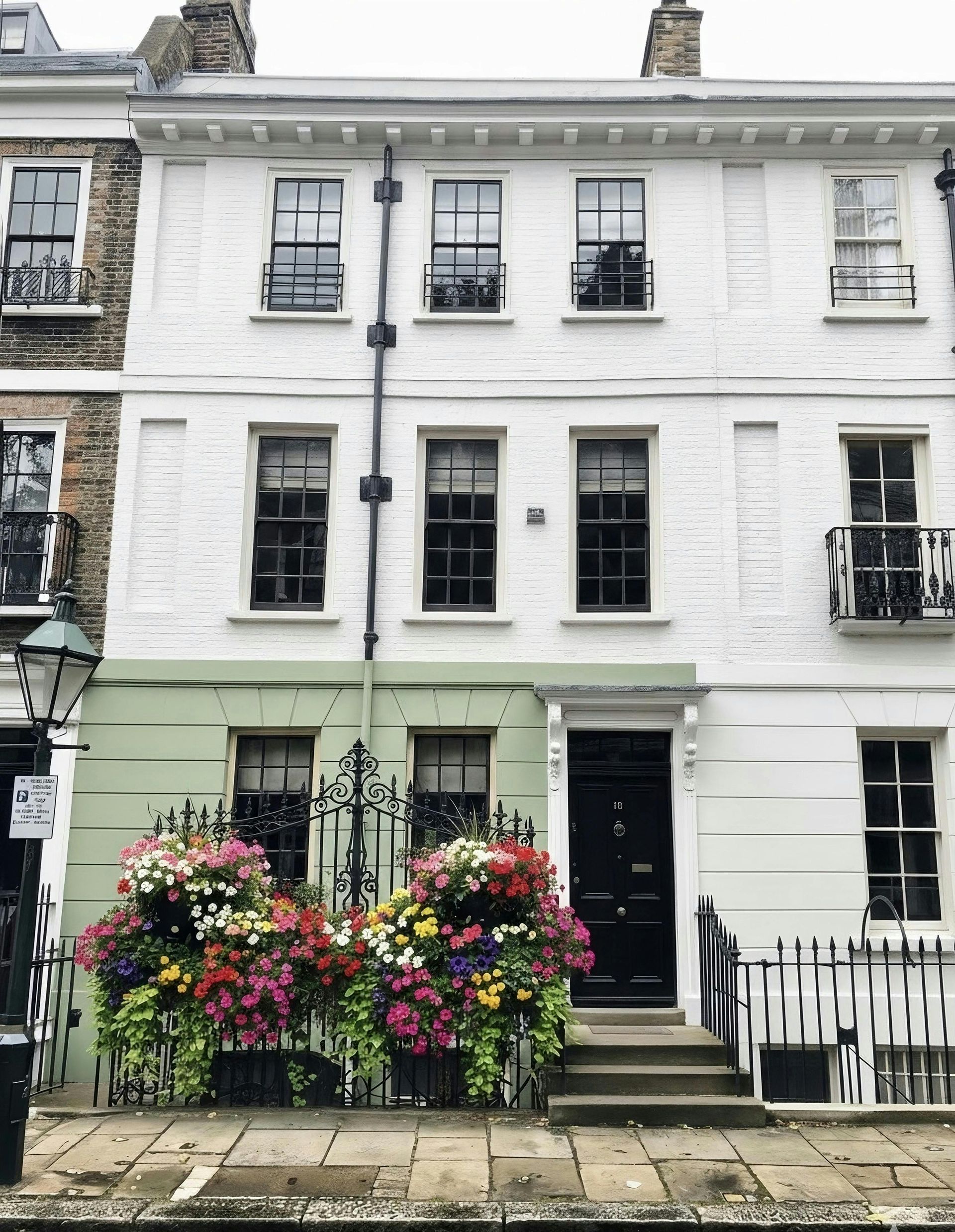UK See's a 50% Surge in Mortgage Completions: But at What Cost?
As mortgage completions hit a post-pandemic high, rising transaction costs raise serious questions about the true affordability of homeownership in 2025
March 2025 marked a significant milestone in the UK housing market. According to Barclays, mortgage completions surged by 50% compared to February, reaching the highest levels since September 2021. Notably, first-time buyer completions experienced a remarkable 70% increase .
This surge was largely driven by buyers rushing to complete transactions before the end of the temporary stamp duty relief. While this relief provided short-term financial incentives, it also led to increased pressure on buyers and the market as a whole. At Willow Private Finance, we've observed first hand the challenges faced by buyers navigating this high-pressure environment.
In this article, we'll delve into the factors behind the surge, the rising costs associated with home buying, and the importance of expert mortgage advice in today's complex market.
Unpacking the Surge
The Role of Stamp Duty Relief
The temporary stamp duty relief, introduced to stimulate the housing market during economic uncertainty, played a pivotal role in the March surge. Buyers, especially first-time purchasers, were motivated to expedite their transactions to benefit from the tax savings before the relief expired.
This urgency led to a significant increase in market activity, with many buyers making quick decisions to avoid additional costs. However, this haste also introduced challenges, including limited time for thorough property evaluations and increased competition for available homes.
Seasonal Trends and Market Dynamics
Spring traditionally sees heightened activity in the housing market. The combination of seasonal trends and the impending end of stamp duty relief created a "perfect storm," resulting in the unprecedented spike in completions. However, such rapid increases can strain resources, from conveyancers to surveyors, and may not be sustainable in the long term.
Rising Costs for Homebuyers
While the stamp duty relief aimed to reduce the financial burden on buyers, the overall costs associated with purchasing a home have continued to rise.
Breakdown of Associated Costs
- Stamp Duty: Even with relief, many buyers still faced significant stamp duty charges, especially for properties above certain thresholds. For example, purchasing a £295,000 home would incur a stamp duty of £4,750 .
- Legal Fees: Conveyancing costs have increased, with average fees ranging from £850 to £1,500 . Factors such as property value and complexity can further escalate these fees.
- Surveys: A standard homebuyer survey can cost between £300 and £1,500, depending on the property's size and condition .
- Mortgage Arrangement Fees: Securing favorable mortgage rates often involves arrangement fees, which have risen to an average of £1,121, up £81 over the past five years .
Collectively, these expenses mean that buyers in 2025 are spending an average of £13,530 on associated costs, a significant increase from £9,337 five years ago .
Impact on First-Time Buyers
First-time buyers, while eager to enter the property market, are particularly affected by these rising costs. The combination of high upfront expenses and the pressure to complete transactions quickly can lead to financial strain and limited flexibility in decision-making.
Real-World Impact on Buyers
At Willow Private Finance, we've observed the tangible effects of these market dynamics on our clients:
- Financial Strain: Buyers are allocating a larger portion of their savings to cover associated costs, leaving less for emergencies or home improvements.
- Emotional Stress: The urgency to complete transactions before the stamp duty relief deadline has led to increased anxiety and rushed decisions, potentially resulting in less favorable outcomes.
- Limited Negotiation Power: In a competitive market, buyers feel compelled to accept terms quickly, reducing their ability to negotiate on price or request repairs.
These challenges underscore the importance of comprehensive planning and expert guidance throughout the home-buying process.
Market Confidence and Future Outlook
Despite the March surge, market confidence remains mixed. Factors influencing this sentiment include:
- Interest Rates: While there have been slight reductions, mortgage rates remain relatively high, affecting affordability .
- Economic Uncertainty: Concerns over inflation and global economic conditions continue to impact buyer confidence .
- Policy Changes: The end of stamp duty relief and potential future tax adjustments create uncertainty in the market.
Looking ahead, experts predict modest house price growth of 2% to 4% in 2025, with regional variations . However, affordability challenges may persist, particularly for first-time buyers.
With such a dynamic environment, expert guidance is more critical than ever. If you're looking for property finance, get in touch with the team here at Willow Private Finance and we'll be happy to assist.

